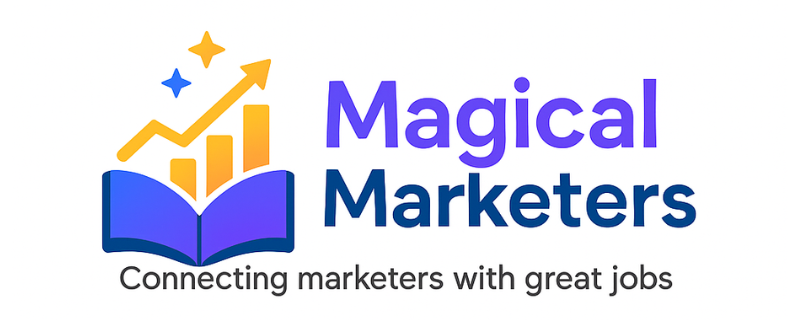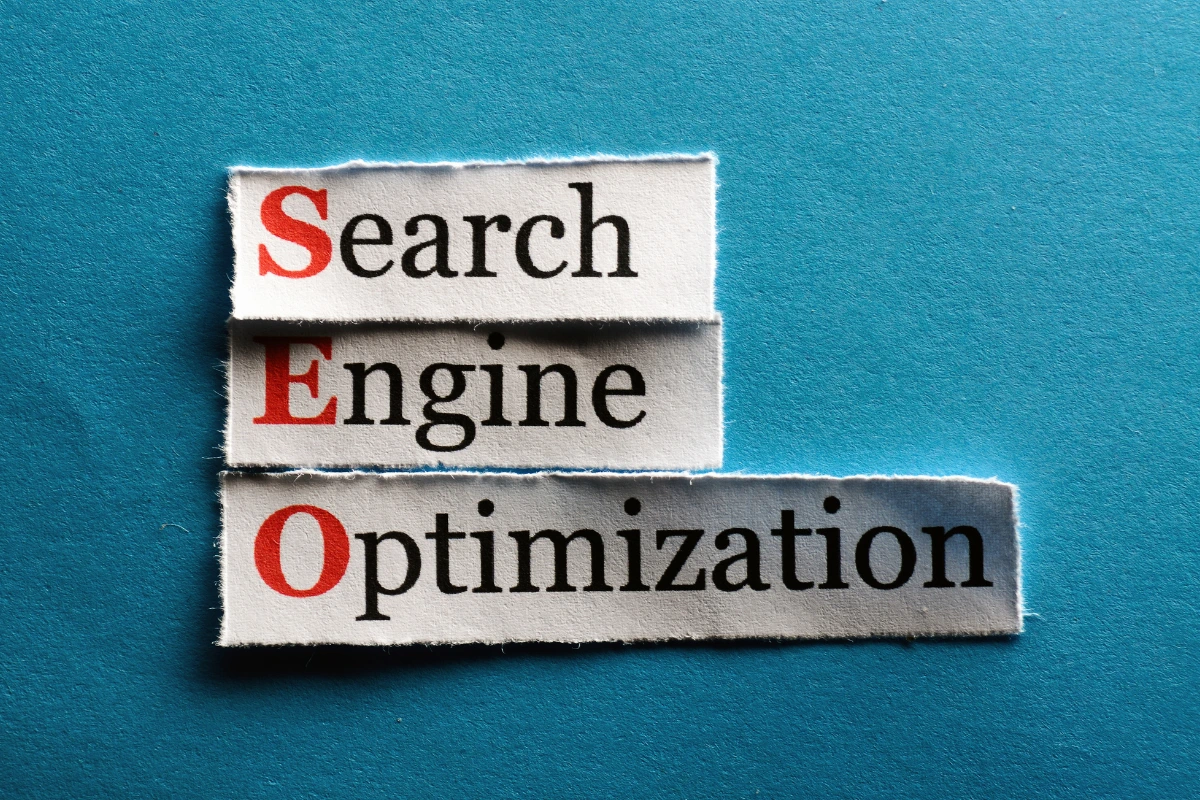Why SEO Still Holds Power in the AI Era: New Research Reveals the Truth

In recent times, there has been much speculation about whether Search Engine Optimisation (SEO) still matters in an age dominated by Artificial Intelligence (AI). With AI-powered chatbots like ChatGPT, Perplexity, and Google’s AI search making waves, many wonder if traditional SEO strategies have become obsolete. However, new research analysing 25,000 real user searches shows that SEO remains as relevant and important as ever. This article delves into why SEO continues to be crucial in the AI era and how digital marketers can adapt to this changing landscape.
The Growing Concern: Is SEO Dead?
With the rise of AI-powered search assistants that provide direct answers rather than just links, some digital marketers and content creators have expressed doubts about the future of SEO. The argument goes that if AI gives users direct answers, they may no longer need to click through to websites. This could reduce the value of ranking high on Google’s search engine result pages (SERPs).
While this concern is understandable, it turns out that the reality is more nuanced. The latest research suggests that Google’s rankings still significantly influence the content AI uses to answer queries. So, SEO is far from dead.
What Does The New Research Say?
A detailed study conducted by Tomasz Rudzki, co-founder of ZipTie, examined over 25,000 searches across platforms like ChatGPT, Perplexity, and Google’s AI Overviews. The results were clear:
- Websites ranked number one on Google appear in AI-generated answers about 25% of the time.
- The chance of AI using your content decreases as your Google ranking lowers.
- AI platforms heavily depend on Google’s top-ranking pages to select source material for answers.
This is crucial because it means that ranking well on Google still opens the door to visibility in AI search results. If you want your content to appear in AI-powered answers, SEO cannot be ignored.
How Do AI Search Engines Choose Their Sources?
Understanding how AI systems pick their information helps explain why SEO continues to matter.
Google’s internal documents, revealed during its recent antitrust trial, describe AI search functioning in three main steps:
- Pre-selection: AI identifies the best documents for a query, often based on their Google rankings. Higher-ranked pages have an advantage here.
- Content Extraction: The AI extracts relevant information directly answering the user’s question from these pre-selected pages.
- AI Synthesis: Finally, AI synthesizes this extracted content into a clear, concise answer using models like Google’s Gemini.
This system shows that AI relies on Google’s traditional rankings to find trustworthy and relevant sources. The better you rank on Google, the more likely AI will find and use your content.
The “Query Fan-Out” Effect and Its Impact
Interestingly, AI sometimes features content that is not in the top 10 Google search results for a given query. This happens due to two key reasons:
- Personalisation: Search results may differ for individual users based on their location, search history, and preferences.
- Query Fan-Out: AI performs multiple related searches around the main query to gather comprehensive answers. For example, if you search for “SEO vs SEM,” the AI might also run related sub-queries like “What is SEO?”, “SEO explained,” and “What is PPC?”
Thanks to this “query fan-out,” pages optimised for related subtopics or alternative phrasing can gain visibility, even if they don’t rank high for the primary keyword. This widens the scope of SEO beyond a single keyword or query.
A Fundamental Shift: From “Best Page” to “Best Answer”
Traditional SEO usually involved creating long, comprehensive pages covering every aspect of a topic. The idea was to make a “best page” that outranks competitors.
However, AI-powered search demands a different approach — the “best answer.” This means delivering precise, focused, and clear responses to specific user questions.
For example, a page ranking first for “iPhone 15 battery life” might lose out in AI answers if it fails to provide a direct and concise answer to that exact question.
This shift calls for a change in content strategy:
- Instead of broad guides, create smaller sections or pages targeting specific questions.
- Use simple language and clear structure so AI can easily extract relevant answers.
- Focus on satisfying user intent with direct responses rather than keyword stuffing.
What This Means for Digital Marketers
Given these insights, marketers must continue valuing SEO but adapt their strategies to fit the AI age. Here are some practical takeaways:
1. Keep SEO as a Priority
SEO still directly influences your visibility in both traditional and AI-powered searches. Abandoning SEO is not an option if you want to stay competitive.
2. Structure Content Around Questions
Break down lengthy guides into smaller parts that answer precise queries. This helps AI extract specific information effectively.
3. Optimise for Related Keywords and Subtopics
Don’t just focus on one main keyword. Use variations, synonyms, and related terms to capture traffic from AI’s “query fan-out” searches.
4. Write Clearly and Concisely
AI systems prefer straightforward answers. Avoid overly complicated or keyword-stuffed writing. Aim for clarity and simplicity.
5. Monitor Your Performance
Track your rankings and visibility in both Google SERPs and AI search results. Use this data to refine your content strategy continuously.
Opportunities in the AI Era
While only 25% of #1-ranked Google pages appear in AI answers, this means 75% miss out — representing a huge opportunity.
If you can tailor your content to provide precise answers and meet the demands of AI search algorithms, you can gain an edge over competitors still relying on outdated SEO methods.
This new environment rewards those who focus on user intent and question-based content.
The Changing Mindset: Serve Users, Not Just Rankings
Tomasz Rudzki’s research concludes with an important piece of advice:
“Instead of asking ‘How do I rank higher?’ start asking ‘How do I better serve users who have specific questions?’ That mindset shift is the key to thriving in the AI search era.”
Focusing on user needs — delivering value and clear answers — will ultimately improve rankings and AI visibility.
Conclusion: SEO Is Alive and Thriving
Despite the hype around AI and chatbots, SEO is far from obsolete. It remains a critical foundation for digital visibility, not only on Google but increasingly within AI search engines.
The key to success is evolving your SEO approach:
- Embrace question-focused content.
- Write clearly and directly.
- Optimise for a variety of related searches.
- Track performance closely.
By doing so, you can ensure your content reaches both traditional search users and AI-powered audiences.
In this AI-driven world, SEO still holds the power to connect users with the information they seek. The future belongs to those who adapt SEO strategies to serve the best answers.
Calling all Marketers!
🔴 Are you tired of searching for the perfect job?
Whether you're into content writing, SEO, social media, graphic design, or video editing—full-time, freelance, remote, or onsite—we've got your back!
👉 We post over 30 job opportunities every single day. Yes, every day (all verified).
Join the most reliable and fastest-growing community out there! ❤️
And guess what? It’s FREE 🤑
✅ Join our WhatsApp Group (Click Here) and Telegram Channel (Click Here) today for instant updates.







